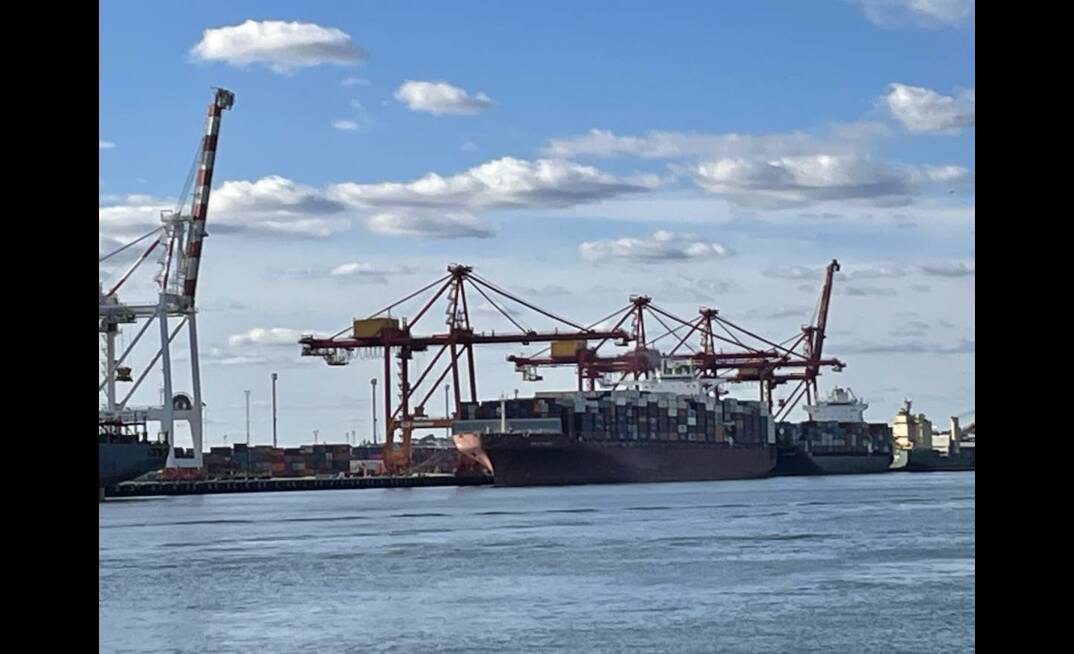Importers and exporters could face substantial financial losses due to the ongoing industrial action, with highly perishable foods such as red meat likely to be most severely impacted by shipping delays.
AMIC chief executive officer, Patrick Hutchinson, said Australia exported $15 billion of beef, lamb and goatmeat to over 100 markets last financial year.
"If DP World and the MUA cannot come to a resolution, we urge the Federal Government to step in as this needs to be resolved as soon as possible to prevent further damage to not only the red meat industry, but the entire Australian economy," Hutchinson said.
"Cross-border trade underpins the employment of hundreds of thousands of people across the red meat supply chain and provides the economic lifeblood of Australia's rural farming communities.
"This ongoing and escalating dispute is severely impacting the entire red meat supply chain and ultimately risking meat industry jobs, and Australia's international reputation."
AMIC is the sole Peak Industry body representing the post-farm gate meat industry, which includes processors, smallgoods manufacturers, wholesalers and distributors, and independent retail butchers and exporters.
A recent survey of its members revealed Australian meat exporters are feeling the impacts of the ongoing industrial action strongly within their businesses.
Meat exporters who responded to the survey said over month-long delays at ports had forced them to consistently remove containers from terminals, resulting in shelf-life expirations for chilled meat consignments.
Vessel omissions and delays due to the industrial action had also left meat processing and exporting businesses with excess inventory, as they have been unable to load out product.
Other impacts associated with the disruptions and logistics include significant increases and additional costs to export, with survey respondents also reporting lack of availability of imported inputs has pushed operations to breaking point, which could potential lead to manufacturing shut downs.
"This dispute has severely disrupted the ability to trade perishable goods, particularly meat," Hutchinson said.
"The inability to get containers moving through ports and the lack of access to shipping slots has hamstrung Australian meat exporters and added unnecessary costs.
"This situation is creating disruption up and down the supply chain and compounding other stresses to global shipping, such as the Red Sea shipping crisis, ultimately resulting in significant impacts to the trade operations of Australian meat and smallgoods processors."
Hutchinson said Australian meat businesses that rely on imports and exports desperately need the industrial action to be resolved.
"Improved trade relationships and access to export markets accounts for nothing if Australia cannot reliably and predictably move goods in and out of the country," he said.
"This issue isn't only affecting the red meat industry, but it is damaging Australia's reputation as reliable trading partner."
However when speaking to reporters at a press conference last week workplace relations minister, Tony Burke, said he has no intention of intervening.
Burke said DP World's assumption it would find a political answer "rather than do what every other business in Australia is expected to do was misguided, and I've made that clear to them."
He added he has made it clear to both DP World and MUA he expects them to reach an agreement.
























